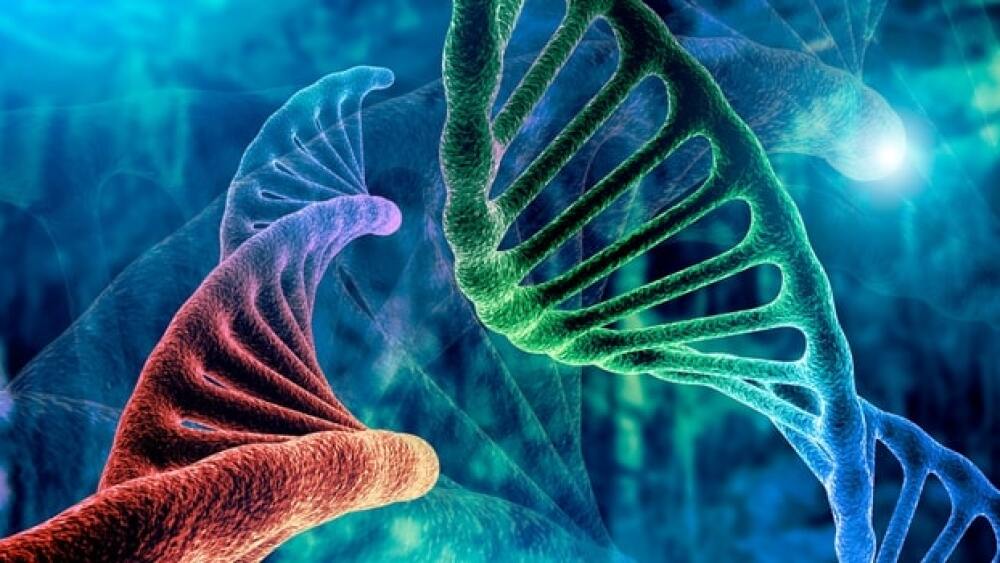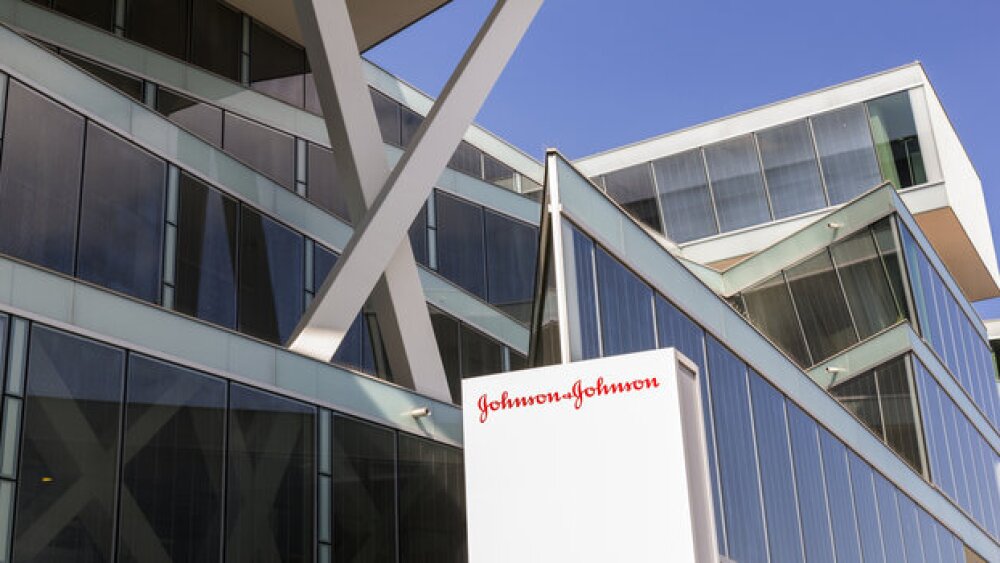The FDA placed the hold onto the program hold pending the resolution of certain chemistry, manufacturing and controls (CMC) matters, Voyager said.
Shares of Voyager Therapeutics were down more than 11% in premarket trading after the company announced a clinical hold was placed on its experimental gene therapy treatment for Huntington’s disease before it heads into the clinic.
Late Monday, Cambridge, Mass.-based Voyager announced the U.S. Food and Drug Administration (FDA) placed a clinical hold on the company’s Investigational New Drug (IND) application for VY-HTT01 for the treatment of Huntington’s disease. Voyager submitted the IND to the FDA last month. The FDA placed the hold onto the program hold pending the resolution of certain chemistry, manufacturing and controls (CMC) matters, Voyager said.
In its announcement Monday, Voyager said it expects to receive some feedback from the FDA on those CMC matters within the next 30 days, and intends to resolve them in order to initiate clinical studies.
Huntington’s disease is a fatal, inherited neurodegenerative disease that causes the progressive breakdown of nerve cells in the brain that results in a range of motor, cognitive and psychiatric symptoms.
Up until June of 2019, Voyager had partnered with Sanofi on the early development of VY-HTT01, but the two companies restructured their collaboration and all the rights to the gene therapy reverted to the parent company. Huntington’s disease is the most common monogenic neurological disorder in the developed world and is estimated to affect over 40,000 people in the U.S. In addition to Voyager, other companies are developing therapeutics aimed at the disease. Last month, Vaccinex announced promising topline data from a Phase II study, however it failed to meet its co-primary endpoints. In June, uniQure initiated clinical studies of its gene therapy treatment for Huntington’s disease. uniQure’s AMT-130 uses a non-pathological viral vector to deliver DNA to target cells intraoperatively. This morning, uniQure announced it had dosed two more patients with its AAV gene therapy.
VY-HTTO1 is Voyager’s most advanced gene therapy candidate that it is currently developing on its own. The company does have a Parkinson’s disease program with Neurocrine Biosciences. Last month, Voyager and Neurocrine announced positive three-year efficacy and safety data in Parkinson’s disease patients who had been treated with VY-AADC. In its announcement, Voyager said patients treated with a one-time dose of the investigational gene therapy, NBIb-1817 (VY-AADC), showed sustained improvement in motor function including greater “On” time without troublesome dyskinesia, reduction in Unified Parkinson’s Disease Rating Scale (UPDRS) Part III scores and reduction in the amount of medications in patients with Parkinson’s disease.





